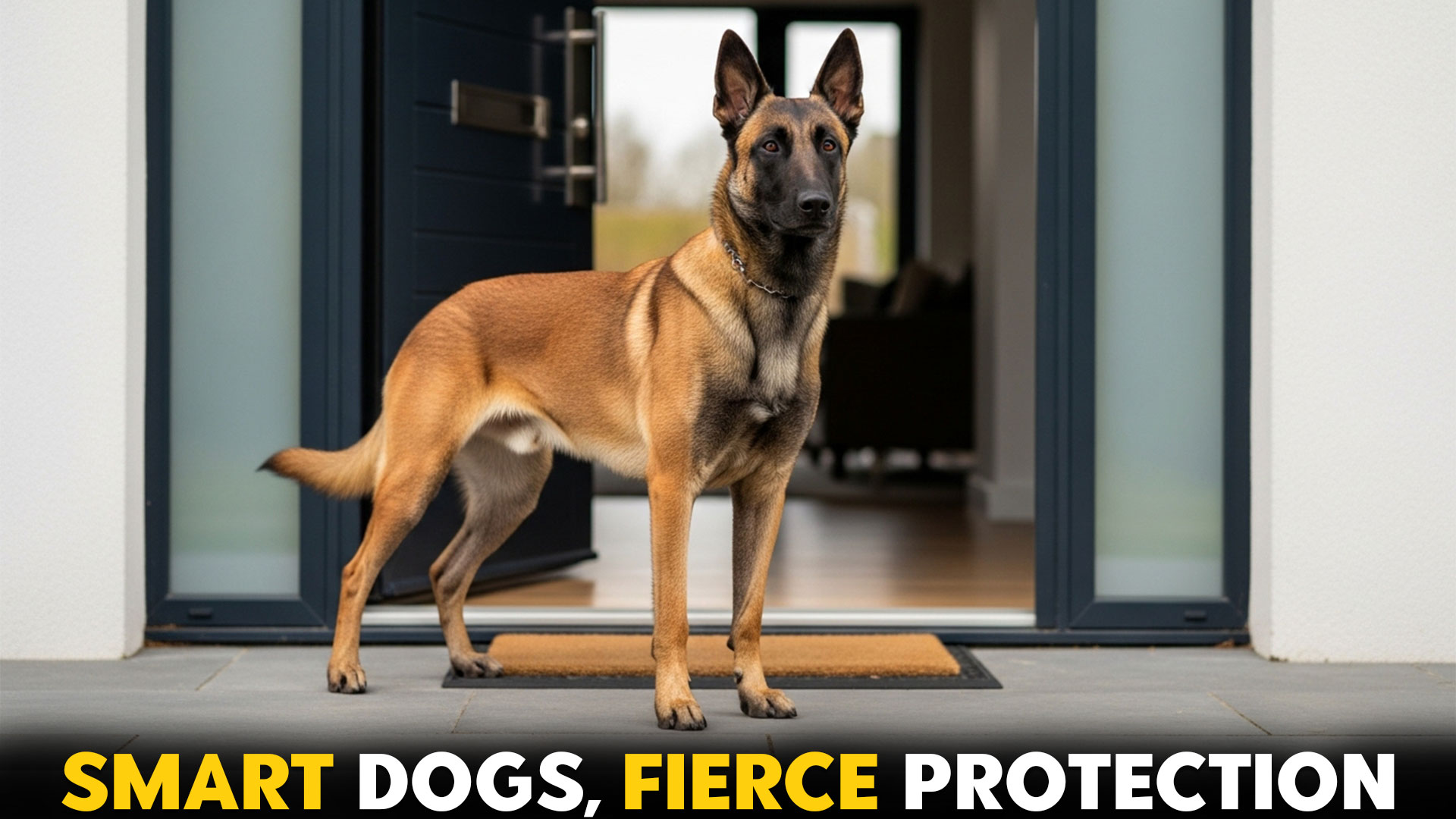When it comes to protecting your home, the best guard dog isn’t just muscle; it’s mind over menace.
Every 25.7 Seconds, a U.S. home is targeted by burglary, underscoring the urgent need for effective protection. In that light, choosing a guard dog isn’t about intimidation—it’s about intellect, instinct, and reliability.
Guard dogs must think as well as act. Research from 2025 shows breeds like German Shepherds and Belgian Malinois can learn commands five times faster than the average dog in protection-oriented roles. That speed of learning becomes critical in high-stakes moments.
In this article, we explore the smartest guard dog breeds. You’ll see how each breed balances mental agility with protective prowess. We’ll look at their decision-making, temperament, trainability, and instinctive guard behaviors.
You won’t just learn breed names—you’ll gain insight into what makes a dog a true guardian. Let’s begin by illuminating the top candidates for guarding your home intelligently and loyally.
Smartest Guard Dog Breeds To Protect Your Home
1. German Shepherd
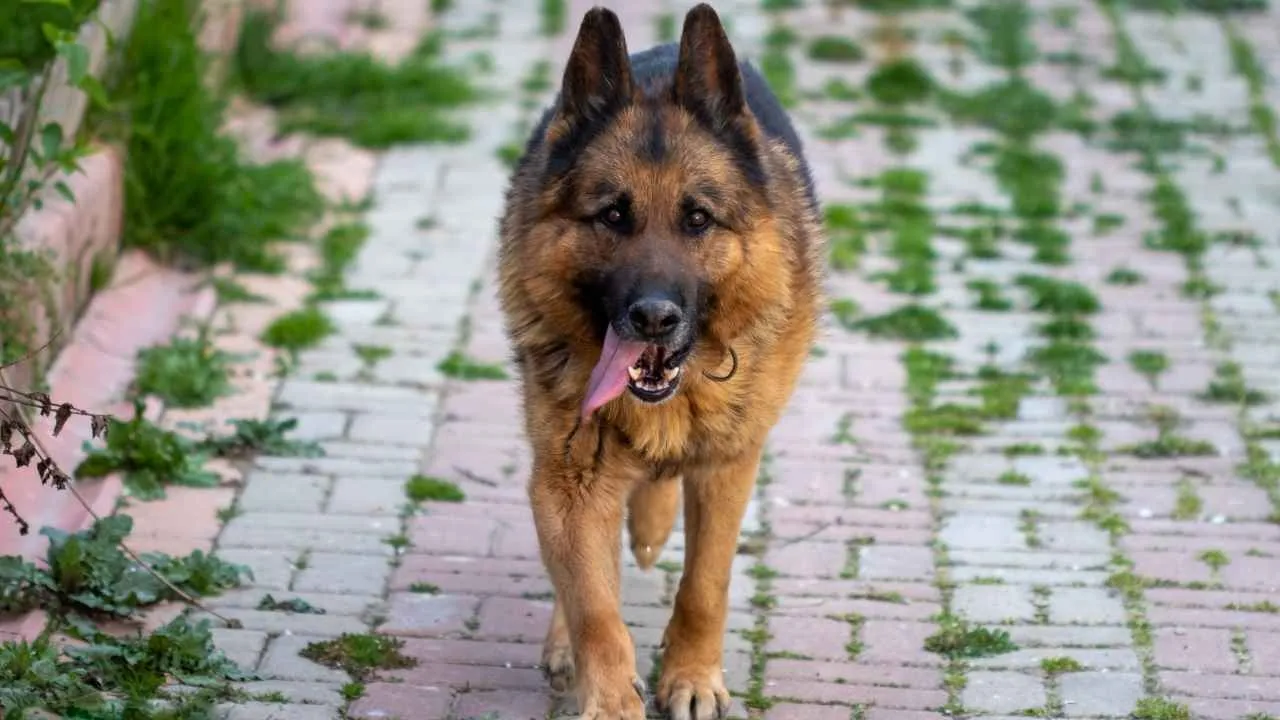
With formal breeding initiated in Germany in 1899 by Max von Stephanitz, the German Shepherd was designed to be a working dog first, valued for its intelligence, versatility, and protective instincts.
In the two World Wars and beyond, GSDs served as messengers, sentinels, trackers, and guard dogs in multiple military units.

Natural Instincts: Originally bred to herd and guard livestock, GSDs naturally monitor territory and flank intruders.
Intelligence & Trainability: Among the top ranks for obedience and working intelligence, they learn complex commands quickly.
Strong Work Ethic & Discipline: They thrive on purpose, expecting tasks and structure in their daily life.
Sensory Awareness & Quick Reflexes: Excellent scent and hearing, coupled with agile reflexes, make them fast to respond.
Adaptability to Situations: They handle urban, rural, and service roles—from family guard to police duty.
Ability to Distinguish Friend from Foe: Properly socialized, they can separate non-threats from real intrusions with good judgment.
AKC insists that bonding with a German Shepherd starts with consistent training and daily exercise. They form strong bonds when given tasks, affection, and clear boundaries. Include them in family life, and they’ll reward you with loyalty and trust.
In short, the German Shepherd remains a flagship guard dog: intelligent, adaptable, and reliable when trained with consistency and clarity in a home-defense setting.
2. Belgian Malinois
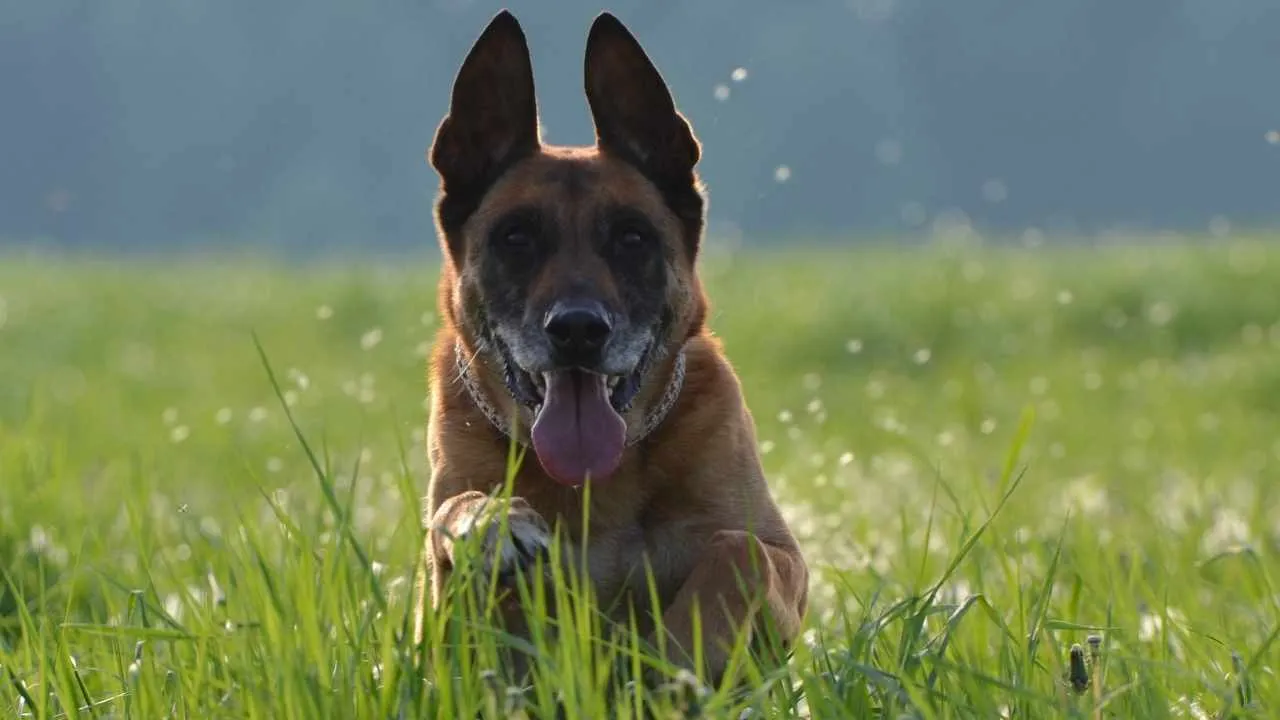
Originating in the Belgian town of Malines in the late 19th century, the Belgian Malinois was developed as one of four Belgian Shepherd types—primarily a herding dog that also guarded livestock.
Over time, the Malinois gained global acclaim in police, military, and protection work for its high drive, agility, and mental sharpness.
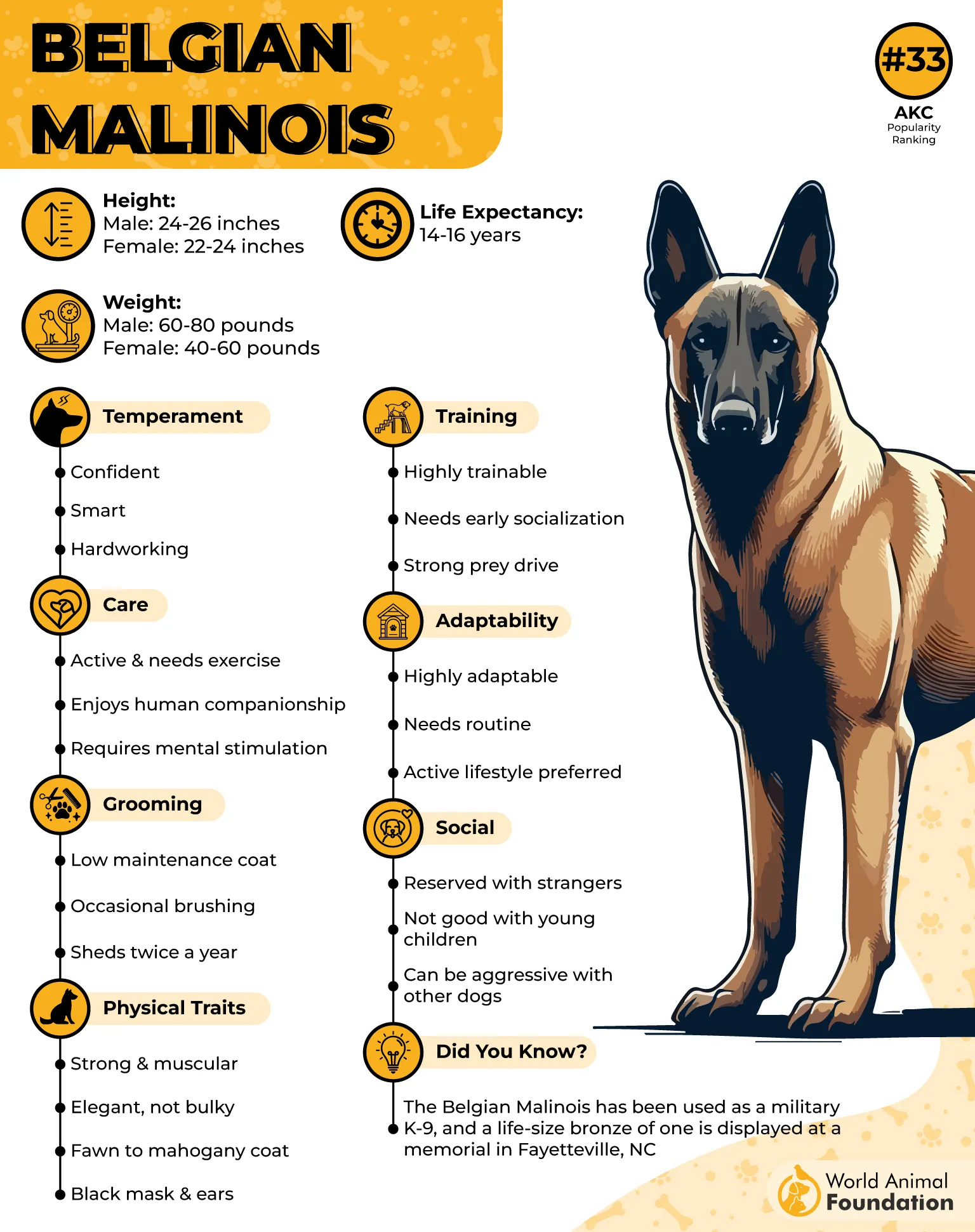
Natural Instincts: Its herding heritage gives it a constant awareness of movement and potential threat around it.
Intelligence & Trainability: It is exceptionally quick to learn complex protection tasks and scent-tracking drills.
Strong Work Ethic & Discipline: This breed demands a job—without “work,” it can become frustrated or restless.
Sensory Awareness & Quick Reflexes: It reacts swiftly to visual, auditory, or scent-based cues—ideal in guard scenarios.
Adaptability to Situations: It handles decisive roles—search, patrol, or protective detail—with ease.
Ability to Distinguish Friend from Foe: With rigorous socialization, a Malinois can discern safe humans from unknown intruders.
WebMD recommends that this breed thrives on mental stimulation and physical exercise. Engage in agility, obedience, or protection drills to strengthen your bond. A Malinois respects a confident handler and responds best to firm yet positive leadership.
For those seeking a high-energy, razor-sharp guardian, the Belgian Malinois is among the elite—when backed by firm, consistent leadership and stimulation.
3. Doberman Pinscher
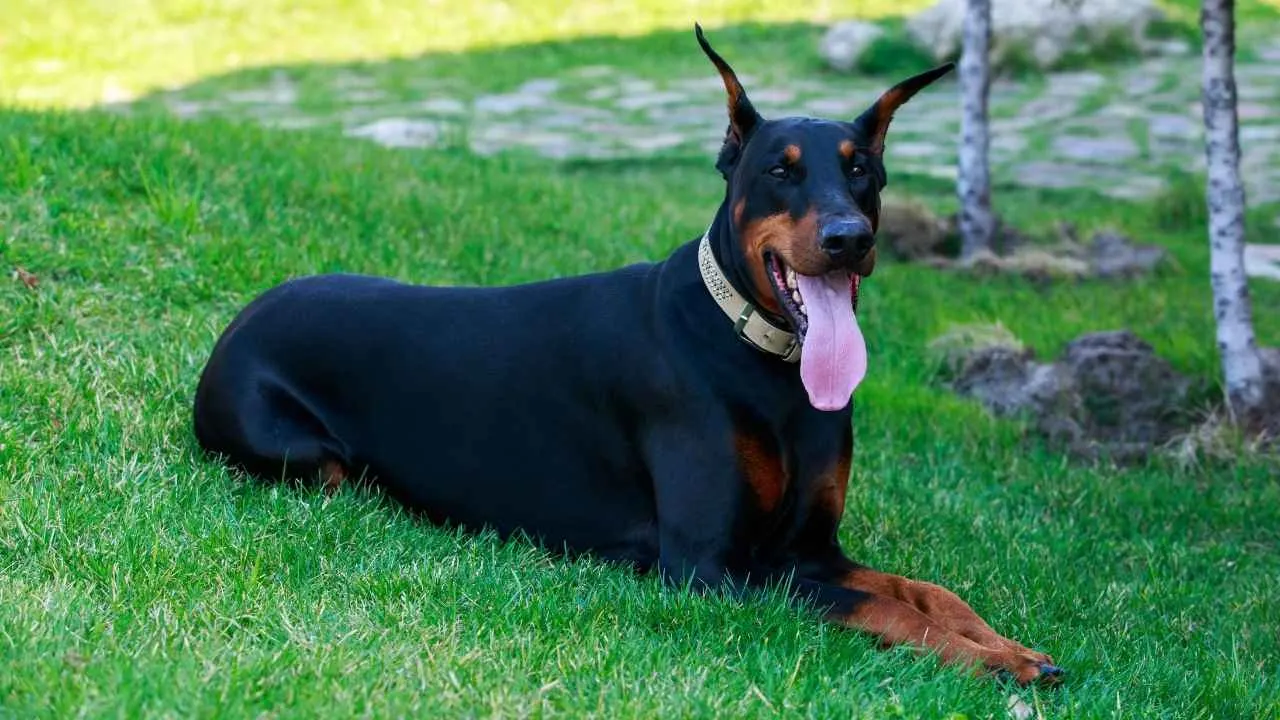
Bred in Germany around 1890 by Karl Friedrich Louis Dobermann, the Doberman Pinscher was created explicitly to serve as a personal protection dog—his role as a tax collector and night watchman demanded a dependable companion.
After Dobermann’s death, breeders refined the line to balance protection instincts with loyalty and elegance.
Natural Instincts: Bred for guarding, its default posture is vigilant and responsive to disturbances.
Intelligence & Trainability: Very intelligent and keen to please, Dobermans excel in obedience and complex work.
Strong Work Ethic & Discipline: They embrace structure and expect clear boundaries in training.
Sensory Awareness & Quick Reflexes: Alert to sound, movement, and threat cues—responds with speed and precision.
Adaptability to Situations: Comfortable in protection, patrol, and family guard roles alike.
Ability to Distinguish Friend from Foe: When socialized early, Dobermans reliably recognize nonthreats while guarding.
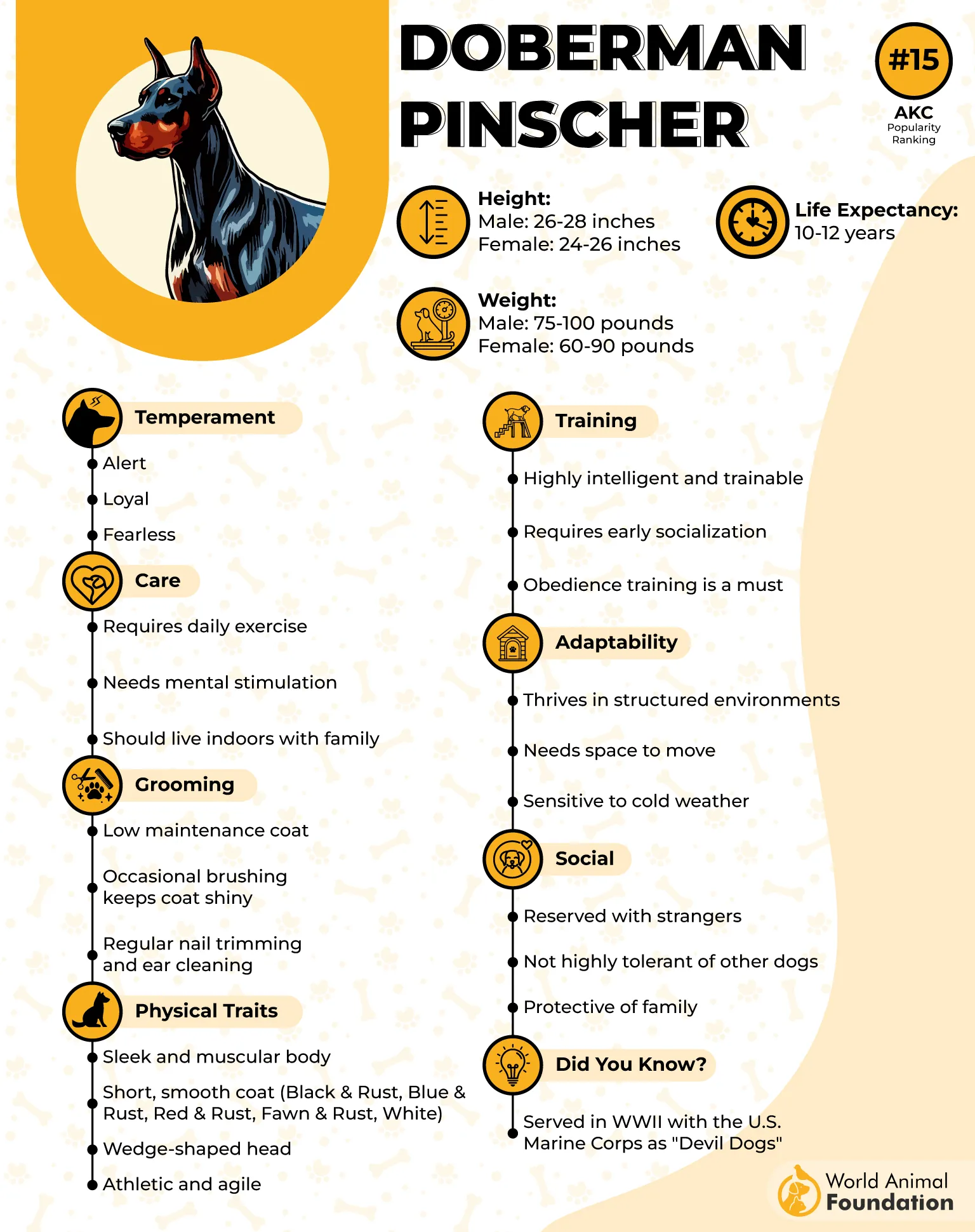
Purina claims that Doberman Pinschers need early training and companionship to build trust. They bond deeply when they feel secure and included in family routines. Keep sessions short, engaging, and affectionate to reinforce your role as a dependable leader.
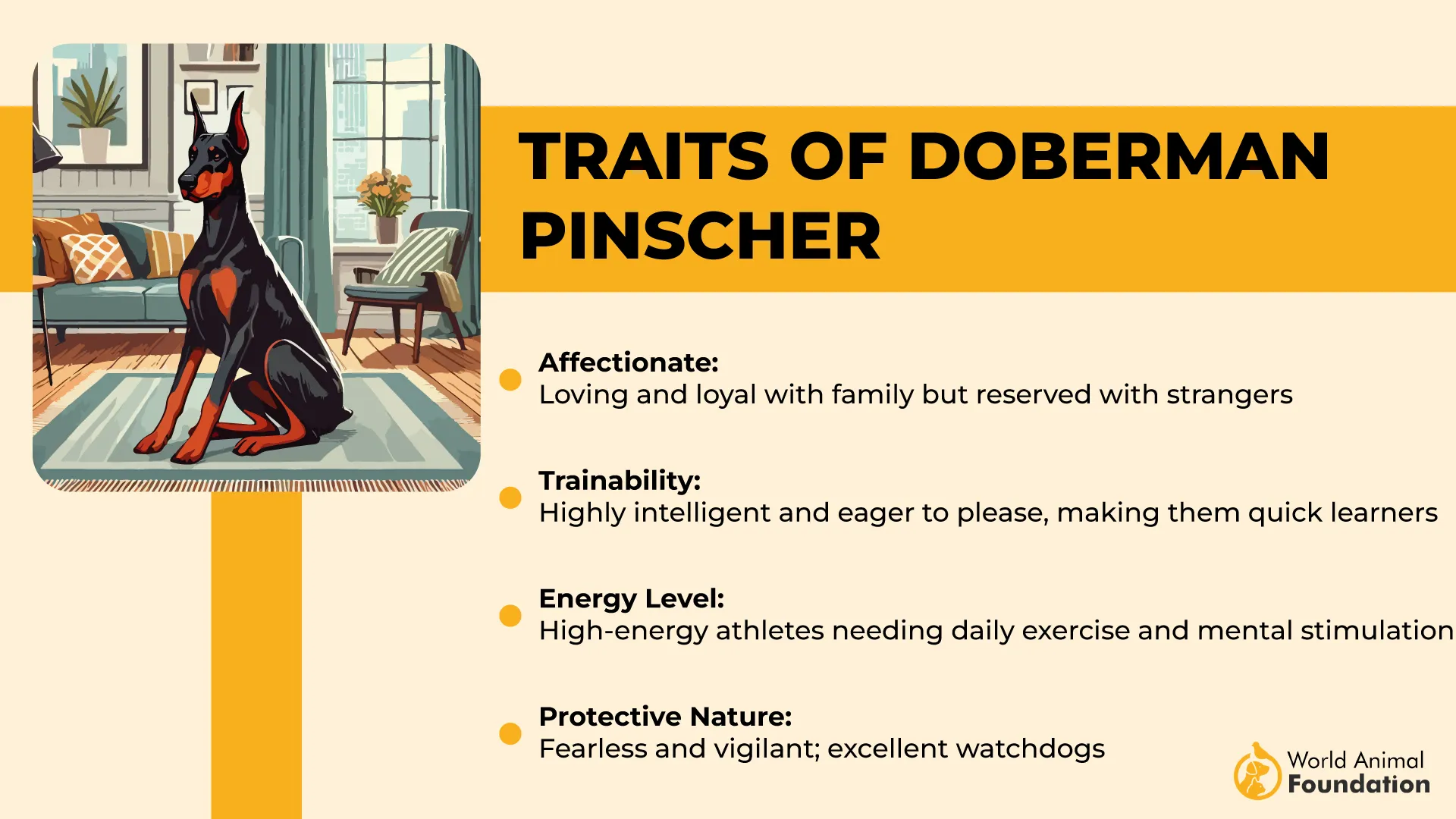
When properly guided, the Doberman Pinscher combines elegance with formidable protection capacity—a serious contender among intelligent guard breeds.
4. Rottweiler
The Rottweiler traces its roots to Roman times, when molosser-type dogs marched with Roman legions across Europe and later crossed with local German dogs near the town of Rottweil.
Over centuries, they evolved into livestock guardians, cart pullers, and property defenders—earning the moniker “butcher’s dog” for guarding butcher stalls and money pouches.
Natural Instincts: Trained from droving stock and guarding valuable goods, they are inherently territorial and vigilant.
Intelligence & Trainability: They absorb working commands and guard tasks, often excelling under consistent, disciplined instruction.
Strong Work Ethic & Discipline: Unwilling to idle—Rottweilers demand purpose and structure in daily routines.
Sensory Awareness & Quick Reflexes: Excellent hearing and scent detection make them fast to identify disturbances.
Adaptability to Situations: Equally capable in urban and rural environments—on patrol or as household guardians.
Ability to Distinguish Friend from Foe: With early socialization, they reliably differentiate family members and visitors from threats.
A Rottweiler bonds best through structured routines and consistent training. Gentle socialization from a young age builds trust with family and other pets. Show firm but calm guidance, and they will grow into fiercely loyal companions.
5. Akita
The Akita originates from Japan’s Akita Prefecture and historically served as both a hunter and guardian, protecting estates and assisting in hunting large game.
Over time, the breed’s reputation for unwavering loyalty and self-assured protectiveness made it a cultural symbol of integrity.
Natural Instincts: Their historical guarding and hunting roles yield an alert, watchful nature over home and hearth.
Intelligence & Trainability: They are intelligent, though sometimes independent—training requires firmness, consistency, and respect.
Strong Work Ethic & Discipline: Akitas thrive when given roles and clear boundaries, not excessive rigidity.
Sensory Awareness & Quick Reflexes: Quick to assess unfamiliar sounds or movements, they respond decisively when provoked.
Adaptability to Situations: While more reserved with strangers, they adapt well to calm, controlled households.
Ability to Distinguish Friend from Foe: Given early social exposure, they develop good judgment in recognizing safe individuals vs threats.
Akitas respect confident owners who provide clear leadership. Bonding comes from trust, patience, and controlled socialization. Daily exercise and calm interaction help them form strong bonds without overstimulation.
6. Giant Schnauzer
Emerging in Germany in the 17th and 18th centuries, the Giant Schnauzer was originally bred to guard farms, drive cattle, and protect property from theft or predators.
In the early 20th century, the breed also guarded breweries, factories, and butcher shops—expanding its utility beyond rural settings.
Natural Instincts: Its heritage as a farm protector means it is naturally wary of trespassers and territory invaders.
Intelligence & Trainability: Sharp and responsive, the Giant Schnauzer excels in obedience, protection, and Schutzhund training.
Strong Work Ethic & Discipline: It demands challenging tasks and structured leadership, or else it may become assertive.
Sensory Awareness & Quick Reflexes: Alert to changes in the environment—sound, motion, or scent—ready to act.
Adaptability to Situations: Transitions smoothly between rural guarding and urban protection roles.
Ability to Distinguish Friend from Foe: With consistent socialization, it reliably limits aggression to true threats.
PetMD suggests that this breed needs both physical exercise and mental challenges to connect with its handler. Bonding improves when you provide consistent training and shared activities like obedience or scent games. Clear boundaries with affection create a trusting partnership.
7. Boxer
Though the Boxer originated in Germany for hunting large game and cart work, it later gained a protective role in guarding property and families.
Their expressive demeanor and strong physique made them natural deterrents to intruders.
Natural Instincts: A watchful temperament combined with innate protectiveness over its household.
Intelligence & Trainability: Intelligent and eager to engage, Boxers respond well to consistent, positive training methods.
Strong Work Ethic & Discipline: Energetic and focused with tasks—they appreciate structure and purpose.
Sensory Awareness & Quick Reflexes: Agile and fast in response to threats, leveraging strong reflexes.
Adaptability to Situations: Balances friendly family presence with serious guarding when required.
Ability to Distinguish Friend from Foe: Socialized Boxers can reliably spot threats while embracing familiar people.
Boxers bond easily through play, affection, and family involvement. They thrive on companionship and regular exercise with their handlers. Consistent routines and positive reinforcement strengthen their loyal and protective nature.
FAQs
1. How does a dog’s intelligence improve its guarding abilities?
A highly intelligent dog quickly understands commands and adapts to normal and threatening situations. This allows it to use natural guarding instincts effectively and make better decisions. Smartest dog breeds can distinguish friend from foe with confidence.
2. Are smart guard dogs easier to train for home protection?
Yes, smart guard dogs are highly trainable and respond well to consistent training and obedience work. With proper training, they learn faster and retain commands longer. This makes them suitable for reliable protection.
3. Which intelligent breeds balance protection with family friendliness?
Breeds like the German Shepherd, Doberman Pinscher, and Rottweiler combine strong protective instincts with loyalty and affection. With early training and daily exercise, they adapt well to family life. These protective dog breeds can also be great family pets.
Conclusion
The smartest dog breeds, like the German Shepherd, Belgian Malinois, and Doberman Pinscher, stand out as excellent guard dogs with natural guarding instincts and a strong protective nature. With early training, consistent guidance, and daily exercise, they also become loyal family pets.
Other protective dog breeds, such as the Cane Corso, Bullmastiff, Rhodesian Ridgeback, Staffordshire Bull Terrier, and even the Australian Shepherd, also rank among the most protective dog breeds. These highly trainable dogs thrive on mental stimulation, physical exercise, and basic obedience training from a young age.
For dog owners seeking a great guard dog that can adapt to family life with children and other pets, the right training and trust are key. Start early, provide proper guidance, and you’ll gain not only a loyal and protective companion but also a wonderful family guard dog.
👉 Looking for the right dog? Explore our breed guides to find your perfect match.


